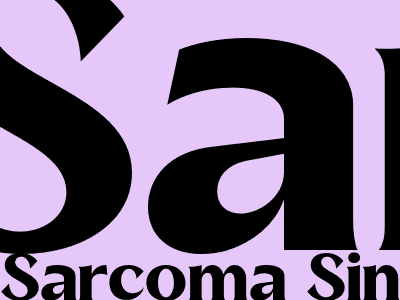Understanding Sarcoma Sinovial: A Comprehensive Guide
What is Sarcoma Sinovial?
Sarcoma sinovial is a rare type of cancer that develops in the soft tissues near the joints. It is most commonly found in the knee, but can also occur in other areas, such as the ankle, shoulder, hip, or elbow.
Sarcoma sinovial is usually diagnosed in people between the ages of 15 and 30, but it can occur at any age. The exact cause of sarcoma sinovial is unknown, but it is believed to be caused by a genetic mutation.
Symptoms of Sarcoma Sinovial
The symptoms of sarcoma sinovial can vary depending on the location of the tumor. Common symptoms include:
- A lump or swelling near a joint
- Pain in or around the joint
- Stiffness or decreased range of motion in the joint
- Fever
- Weight loss
- Fatigue
If you are experiencing any of these symptoms, it is important to see your doctor right away.
Diagnosis of Sarcoma Sinovial
To diagnose sarcoma sinovial, your doctor will perform a physical exam and ask about your medical history. They may also order one or more of the following tests:
- X-ray
- Magnetic resonance imaging (MRI)
- Computed tomography (CT) scan
- Biopsy
A biopsy is a procedure in which a sample of the tumor is removed and examined under a microscope. This is the only way to definitively diagnose sarcoma sinovial.
Treatment of Sarcoma Sinovial
The treatment of sarcoma sinovial depends on the stage of the cancer. Treatment options may include:
- Surgery
- Chemotherapy
- Radiation therapy
- Targeted therapy
Surgery is the primary treatment for sarcoma sinovial. The goal of surgery is to remove the tumor and as much of the surrounding tissue as possible. Chemotherapy and radiation therapy may be used before or after surgery to help kill any remaining cancer cells.
Targeted therapy is a type of treatment that uses drugs to target specific molecules in cancer cells. This can help to kill cancer cells and prevent them from growing.
Prognosis of Sarcoma Sinovial
The prognosis for sarcoma sinovial depends on the stage of the cancer at the time of diagnosis. The earlier the cancer is diagnosed and treated, the better the prognosis.
The five-year survival rate for sarcoma sinovial is about 70%. However, the survival rate can vary depending on the stage of the cancer and the patient's overall health.

Comments